As per this answer,
A Message Bus is a messaging infrastructure to allow different systems to communicate through a shared set of interfaces(message bus).
Below is the createHub() function & Run() method launched by main() to create message hub to communicate a publisher with multiple subscribers:
type PubHub struct {
subscribers map[*subscriptionmediator.HandlerSubscription]struct{}
Register chan *subscriptionmediator.HandlerSubscription
Unregister chan *subscriptionmediator.HandlerSubscription
Broadcast chan *events.Env
}
func createHub() *PubHub {
return &PubHub{
subscribers: map[*subscriptionmediator.HandlerSubscription]struct{}{},
Register: make(chan *subscriptionmediator.HandlerSubscription),
Unregister: make(chan *subscriptionmediator.HandlerSubscription),
Broadcast: make(chan *events.Envelope),
}
}
func (h *PubHub) Run() {
for {
select {
case subscriber := <-h.Register:
h.subscribers[subscriber] = struct{}{}
case subscriber := <-h.Unregister:
if _, ok := h.subscribers[subscriber]; ok {
delete(h.subscribers, subscriber)
}
case message := <-h.Broadcast:
for subscriber := range h.subscribers {
subscriber.DataChannel <- message
}
}
}
}
where each subscriber registers, as shown below:
subscription := &subscriptionmediator.HandlerSubscription{
conn,
make(chan *events.Envelope),
}
hub.Register <- subscription
DataChannel is used for communication between publisher & multiple subscribers
type HandlerSubscription struct {
ConnInstance *websocket.Conn
DataChannel chan *events.Envelope
}
1) Can the above code be considered following message bus based pub-sub pattern?
2) How to avoid one subscriber blocking rest all subscribers, from signalling on a channel? subscriber.DataChannel <- message
